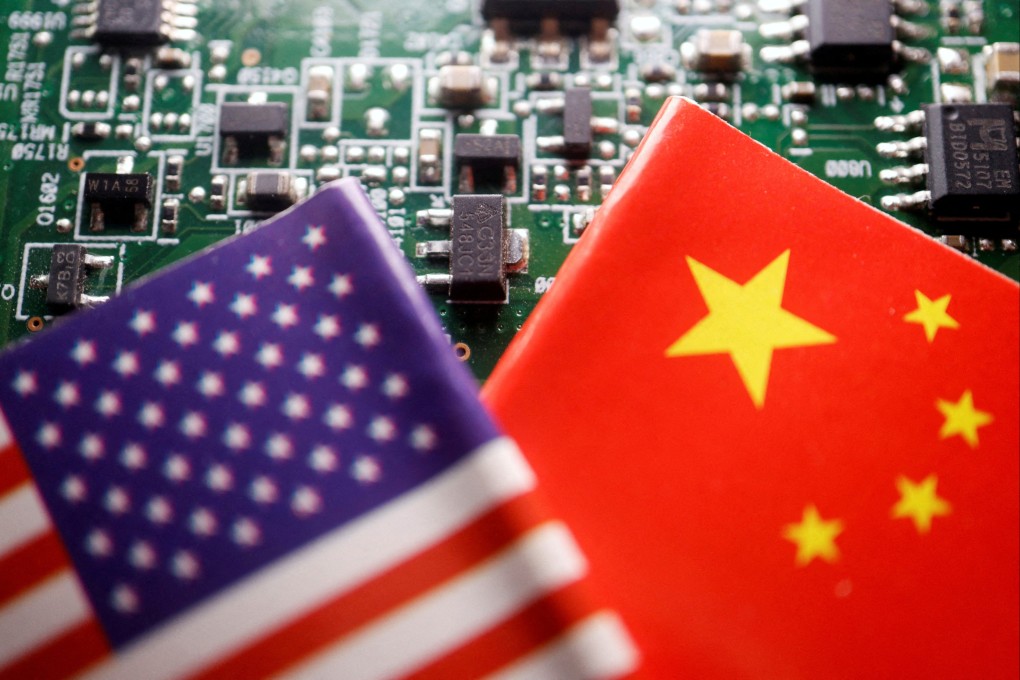Editorial | Humanity loses when nations are at loggerheads
- Progress in science and other human endeavours depends on global collaboration, which has been put in peril by US-China tensions

In 1950, Qian Xuesen, a professor in aeronautics at Caltech, was detained as he tried to leave the US to return to China. A top missile scientist in the US before being caught up in America’s anti-communist “red scare”, he was released in exchange for US pilots captured during the Korean war. Qian would go on to play a key role in developing China’s defence and systems sciences.
In the decades since, many Chinese academics and researchers have engaged in overseas study and research or returned home under far less dramatic conditions.
While the number of such movements ebb and flow with economic and political change, one constant is the fact that humanity benefits more when there is global scientific collaboration. But recent political tensions between China and the US has had a chilling effect on such exchanges.
Last year, the US Department of Justice scrapped the Trump-era “China Initiative” that was criticised for unfairly targeting Chinese academics in the US. But the damage was already done.
A recent Post article quoted one Chinese scientist describing a “glass ceiling” for Asians in the country. The Organisation for Economic Cooperation and Development showed that the US lost 896 scientists in 2021 while China gained 3,108 in the same period.
Students, too, are feeling the pressure. The denial rate of F-1 visas, which allow non-US students to remain in the country to study, went up from 15 per cent in 2014 to 35 per cent last year.
